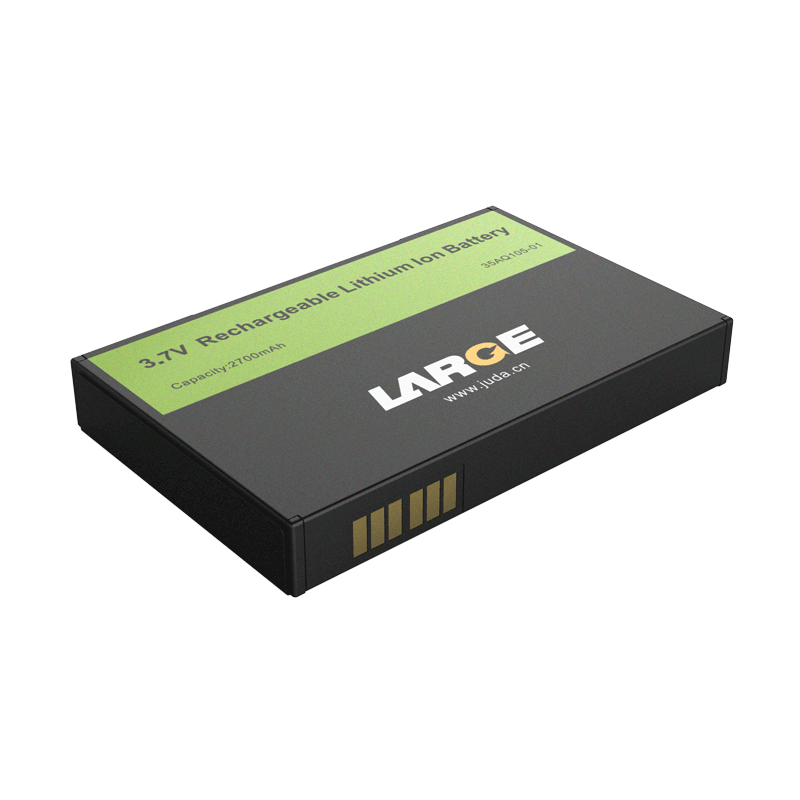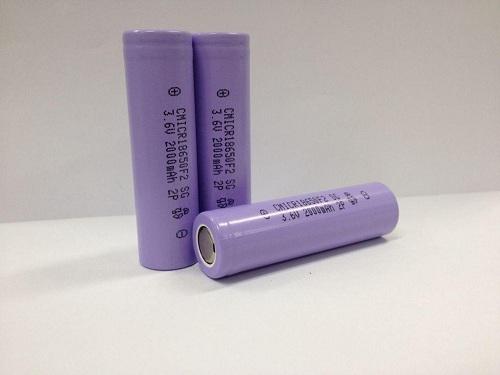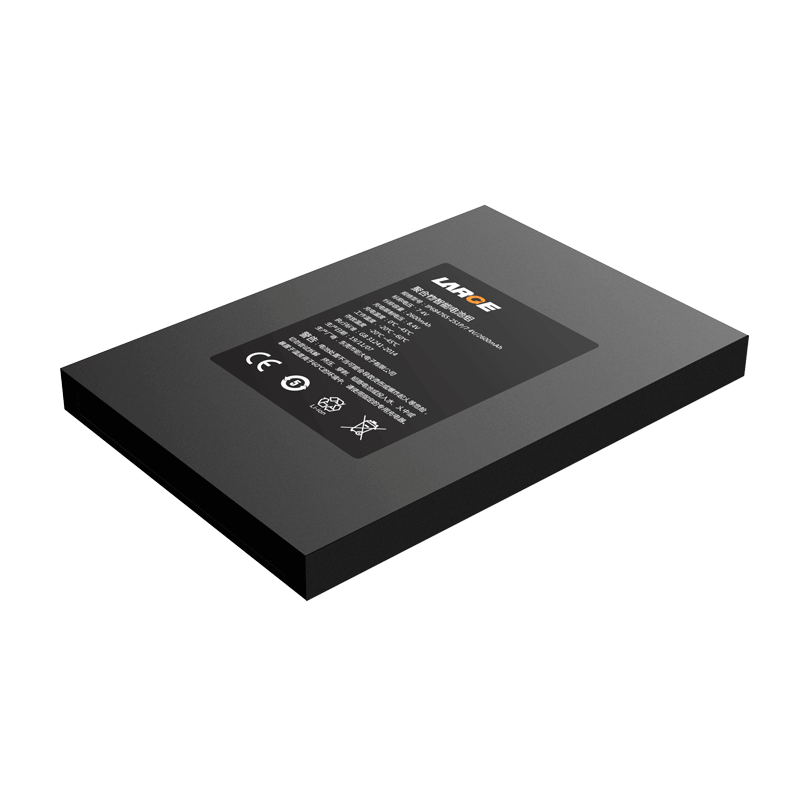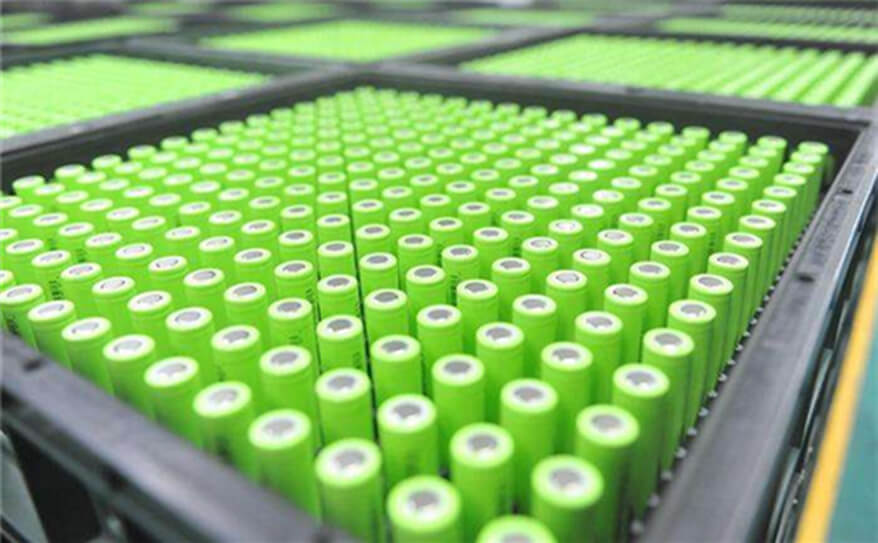Do magnets affect lithium batteries?
Aug 25, 2020 Pageview:21898
Have you ever wondered if being close to magnets damages or compromises your batteries in any way? If you are like most people, you may have tried at one time or the other that the magnets in your homes do not touch or get close to the other electronics in the house.
Incorrect usage or storage may damage the battery. Therefore, in order to protect your lithium battery, you can also read this article to learn more: Magnets and Lithium-ion Batteries Attention.

So, today, you have decided to make use of the power of the Internet to search for answers to see if the supposed effects of magnets on your batteries (or lithium batteries) was a myth or if they are real.
So far, we believe you have been seeing exciting answers to your questions. But you are probably not yet satisfied, and that’s why you are here. Or you are just beginning your search. Whatever the case, we will answer your questions, and hopefully, all of them, such that you will not need to check elsewhere for another answer.
Of course, you are not alone, this is one of the questions that bug most battery device users –especially any device that uses expensive batteries.
The effect of a magnetic field on an electronic device can be unpredictable. This is because most of the electronic components in the home are not affected by this field. However, a strong magnet or rapidly fluctuating magnetic field may likely disrupt certain components of a mobile phone and cause its battery to drain even faster. However, the regular small magnets in the home, like the magnetic clasp in your cell phone pouch is to a large extent, harmless.
Do magnets deplete lithium batteries?
Lithium batteries contain two main components: lithium and then carbon or graphite. It is important to note that Lithium is not magnetic, this is because it is an alkaline metal. The addition of a magnetic charge to lithium itself will not affect the lithium or the battery. There is propylene carbonate carbon inside lithium batteries as well
This type of carbon is an organic compound and is classified as a weak or low-grade magnetic field. This means that any type of magnet you have at home will not affect this lithium battery. However, if you get close to a high-performance magnet used for scientific tests, then, your battery may be in danger.
However, in most scientific laboratories, electronic devices that can pose a threat to their heavy machines are not allowed into the test environment. As a result, you will be required to drop any electronic devices or metal parts at the reception or any other location outside the testing room. There are also, some powerful rare earth magnets, like the neodymium magnets, made of silver.
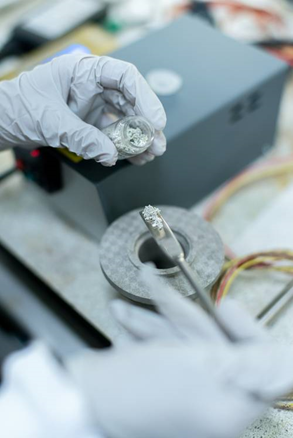
A lot of times, when these magnets are mentioned, people ask, what about them? They are not only powerful but strong. However, although these magnets are powerful, they are not powerful enough to have a significant effect on lithium batteries. And fridge magnets are also weaker than the neodymium magnets, so they will not damage your lithium batteries.
Researchers have conducted a study with lithium-ion batteries and magnets to improve battery performance. The researchers claim there is the possibility of using a magnetic field to align carbon graphite flakes with electrodes as they are produced. Such alignment gives lithium ions a free path through which they can travel in the battery, which in turn gives the battery better performance.
What adverse effect do magnets have on lithium batteries?
The magnets that are stored next to lithium batteries do not adversely affect them. Of course, if you have watch batteries that contain iron, as a rule of thumb, the batteries will congregate around any magnet (if the batteries are exposed to the magnets). The batteries may get drained as a result of contact with each other, and not as a result of the magnet upon which they rest.
by the law of ampere, electricity, and magnetism are closely related: this is the physical law that describes how electromagnets are generated by passing current through a wire in other to create an electric field. The reverse can also be true; a magnetic field may also induce a current through induction that can overdraw the battery of any electronic device.
But then, although each current can generate a magnetic field, it is only a change in magnetic force, also called "flux", that can generate a current according to Faraday's law.
A static magnetic field can only cause a drain in a battery for a second, and this is not enough to cause any noticeable effect in your battery.
How do you store magnets and lithium batteries?
Just to be safe, you may want to store both separately. So first, here is the Packaging and storage of magnets
When you are packing or packaging more than one of your magnets, make sure that the poles are in an alternate position, meaning that their north poles must be facing opposite directions. You should know if you did this correctly when the magnets attract themselves. If you have strong hold magnets, you may require a keeper bar or a magnetic shielding (which is made of metal panels) to "absorb" the magnetic field.
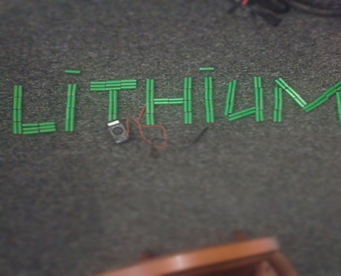
Finding the right container to store the magnet is also important. the bigger it is, the better. The larger overall dimensions provide additional packaging material and ensure that the magnetic field does not leave or travel outside the packaging, which would affect nearby products such as computers, mobile phones, and televisions.
If you have quite several magnets in one area, using a larger container will reduce the risk of interaction and mutual weakening by the magnets. This is particularly important for alnico or ceramic magnets. These are two alloys that tend to interact.
- Prev Article: What is meant by lithium ion battery?
- Next Article: Do Lithium Batteries Need to be Drained?
Leave Message
Hottest Categories
-
Hottest Industry News
-
Latest Industry News




